AGRIVELLO
In the three years she spent searching for the right formula for her pellets, Chiara acquired the necessary skills to make her project more sustainable. In April 2019, for example, she attended an intensive shearing course in England, with British Wool, the largest wool collection and processing organisation in the UK. “It was a necessary step, because as I was starting to develop around Agrivello a network of farms interested in bringing their waste wool, many of them told me they had a problem: they weren’t able to shear their sheep by themselves”, explains Chiara.
After attending the course, she started working with small and very small farmers, who are the vast majority in Friuli. Many of them have educational farms with just 2 o 3 animals that help keep gardens and orchards clean. “Today, my supply chain includes about 50 farms from all over Friuli. I provide them all with a dual service, because I am also authorised to take the wool away”. In addition to shearing the fleece, which needs to be done every year and is considered an animal welfare practice, Chiara also checks on the sheep’s health: “I take care of shoeing and trimming the hooves to prevent any infections of the animals’ feet” she tells us.
The cost of the service is €5 per head. “I go and collect all the wool directly, and then I process it, obviously after checking it: if the sheep are kept in the midst of manure, for example, I cannot process the wool, because before being converted into pellets it needs to be shredded. Moreover, it cannot be old wool, it has to be about one year old”.
Chiara collects a bag of wool (about 10 kg) every two sheep. Now, her objective is to train other shearers, creating a network of 3 or 4 people that will help her meet everyone’s needs. At the beginning of May, she organised a course with British Wool shearers for some of her co-workers. “If it rains for a whole week, you can’t shear. If cold weather kicks in in September, you have to stop shearing, because the animals would risk catchingpneumonia or bronchitis. Shearing, however, is important: if an animal is not sheared, the owner is liable to a fine, even though everyone knows about the wool disposal issue”.
